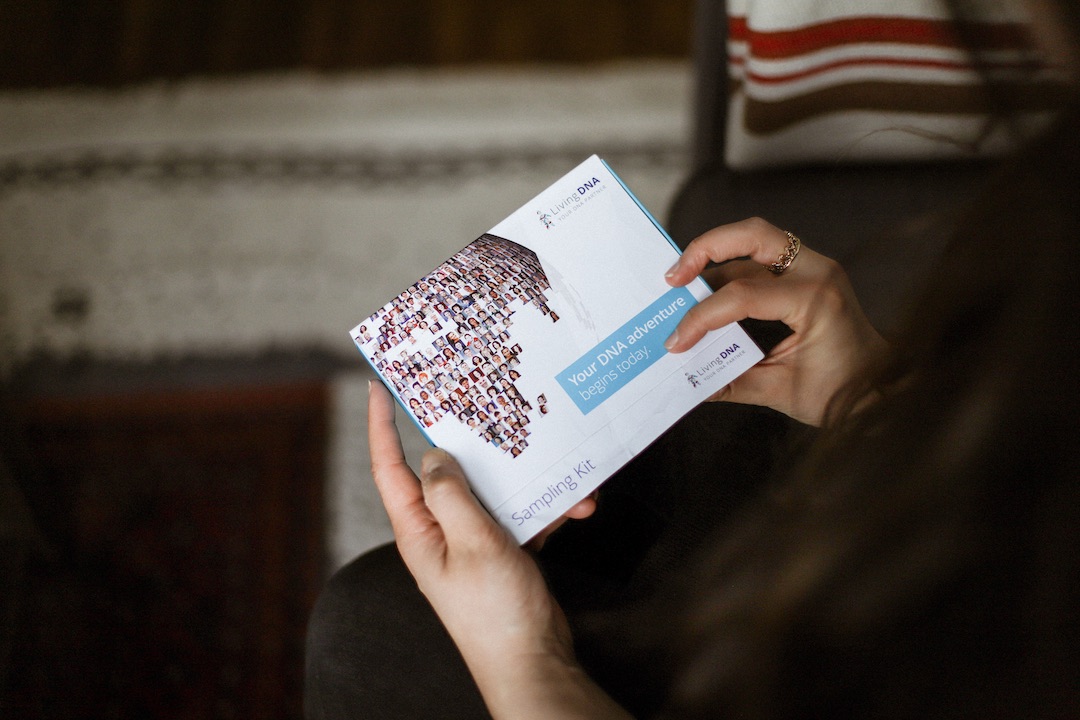This story was created in partnership with: LivingDNA
The first time I heard of DNA was as a child while watching Jurassic Park, a world where dinosaurs could walk the earth again. Who would have thought that one day it would be possible to walk in the footsteps of our own personal predecessors? That enthusiastic travellers like myself would be testing their own DNA in pursuit of their ancestry and next adventure? I certainly had no idea that DNA tourism and genealogy travel would become of interest to me and thousands of others.
At the beginning of 2019, there was much buzz that DNA tourism would become the next big thing. Travel companies have been partnering with DNA testing partners for a while now to curate trips for globetrotters based on where their ancestors are from. Heritage travel, ancestry tourism, and genealogy travel are all about exploring the world based on our personal history and the idea that our greatest adventure is locked in our genetic code. After all, what could be more life-enriching than taking a deep dive into our roots?
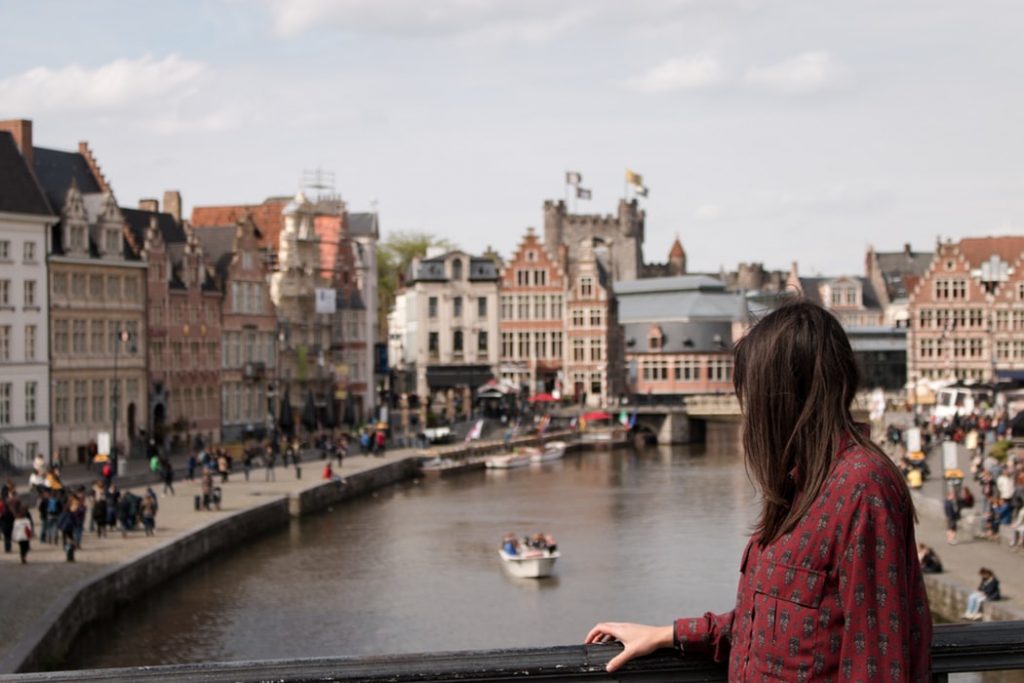
How does DNA tourism and genealogy travel work?
To explore the world of DNA tourism and genealogy travel, Days to Come decided to team up with LivingDNA. But what exactly does DNA tourism and genealogy tourism entail?
Genealogy travel is where individuals plan their vacation based on their family tree or ancestry. Travellers plan their itinerary so they can walk in the footsteps of their predecessors, they do research before the trip or spend time in a destination unearthing information about their past by visiting archives and centres that hold official documents and information. Some travellers will visit ancestral homes or neighbourhoods, or immerse themselves in the culture or history of their family homeland by themselves or on a tour. The point is, there’s more than one way to trace your ancestry, and it’s really just shaped by the personal choices of a traveller.
DNA tourism takes it one step further. This is when travellers get a kit from companies, have their DNA tested and plan a vacation based on the results. One of the most exciting parts of this process is the results of the test are often surprising, especially when individuals learn of all the different places their ethnic heritage is from. It also opens up a bucket load more of destinations in the world that you might want to explore.
Is DNA tourism and genealogy travel for you?
If you’re looking for a week of relaxation, then this kind of vacation probably isn’t for you! If you want to combine the joy of travel with family history and are willing to plan ahead, then DNA tourism and genealogy travel will give you a meaningful way to explore the world. Even within the realm of this niche, there are different ways to use your DNA results as a launch pad for your next trip.
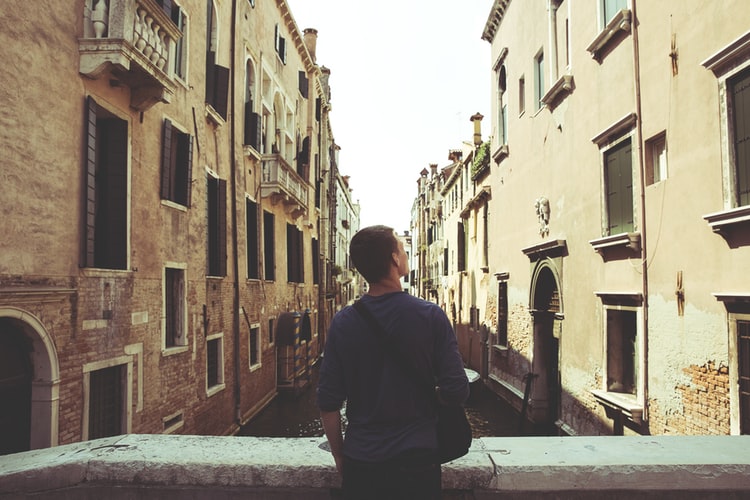
Research trip
Some DNA testing companies may also be able to provide you with family details, migration paths and other information about your heritage. A research genealogy vacation is where you visit a place with the intention of digging deeper into your family history by spending time at archives and libraries to find records and official documents. If you’re hoping to experience something like this, you’ll definitely need to plan ahead. To avoid being disappointed, it’s worth reaching out to places you hope to visit ahead to make sure you can access their archives and records.
Visiting your ancestral homeland
For some people, even just a trip to the homeland to discover the culture and walk in the footsteps of their ancestors is enough. If possible, do a little research beforehand to see if there are any places where you can really discover the remnants of your past. Reach out to registries and official institutions to see if they can recommend any landmarks (for example, people you can meet, gravestones or home addresses) that will bring you closer to discovering more about your ancestors.
Exploring your heritage on a tour
If your DNA results include countries that you are unfamiliar with, for example, let’s say you don’t know much about the culture or language of the destination, why not visit on a group tour? Along with exploring your ancestral homeland with a guide, you’ll learn about it firsthand through the eyes of a local. Some operators are offering travellers a chance to customize tours and curate itineraries based on their family roots and DNA results.
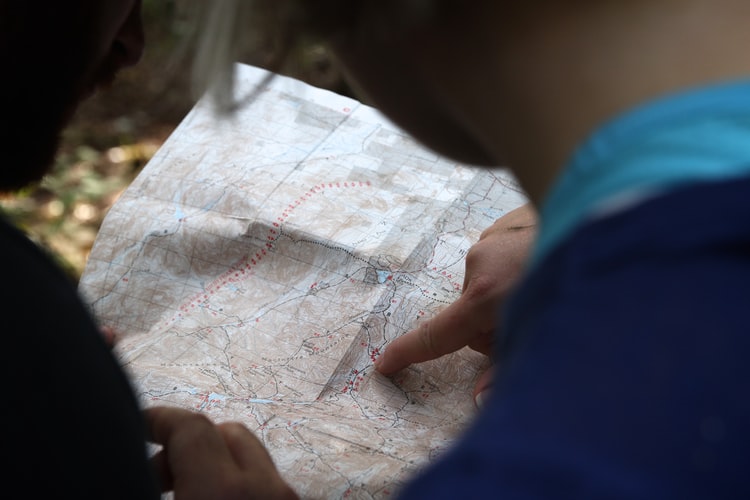
Tips for planning your trip
If you’re planning to travel based on your ancestry, we recommend considering the following:
- Get in touch with your local Family History Centre, they may have some information or records that can help you get started.
- Get in touch with relatives and accumulate as much family history as possible.
- It might be worth hiring a translator in your destination to help with your research. Either way, learn how to say phrases related to your research in the local language.
- Manage your expectations. Don’t expect to learn everything in one go, in fact, your first trip may just be the beginning.
- Reach out to locals on the ground prior to your trip. Especially at libraries, archives and research centres. The more information you can gather beforehand the better.
Is your next life-enriching experience locked in your DNA?
What do you hope to find while exploring the world? Everyone has a list of places they want to see, but a lot of people that travel are looking for a way to feel inexplicably connected to something or somewhere.
I’m a first-generation immigrant, although I was born in England and raised there, because of my Pakistani background and culture, I have ties to more than one place.
I wanted to go on this genetic journey for a number of reasons. Like any family our history is unique and over the years there have been many stories about our heritage. On my mother’s side, there’s a legend in the family that one of my great great great grandfathers fell in love with a Persian woman and married her which led to their distinguished features. My ancient paternal surname is kala which means art in Hindi, and according to the myths in my father’s family, we come from a line of travelling artists who once wandered the northern Indian realm. I’ve always been curious to know about what makes up my DNA.
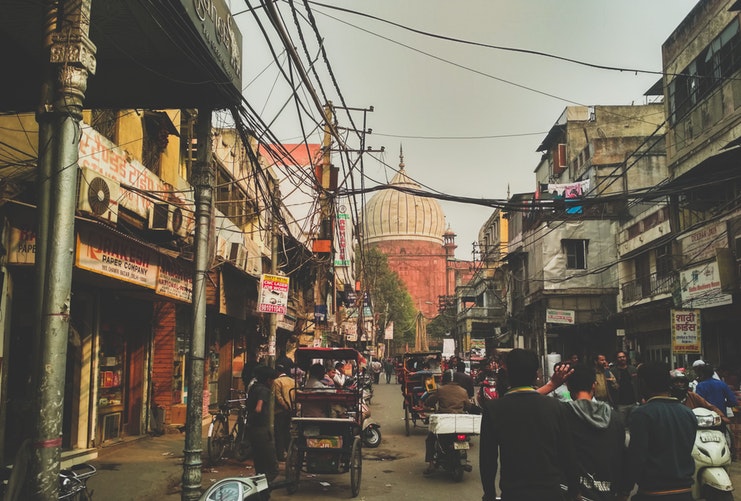
Although I desperately wanted to know more about my heritage, there was also a little fear. I knew the DNA results would come back with a strong link to India, and thanks to history and current affairs, that’s a part of me that’s been lost.
While my mother and father were born in Pakistan, like millions of people from that country, their parents and grandparents were born in India, and they still have lots of loved ones living in Gujarat, as not all of our family made the journey to Pakistan during the partition of India. I’ve never met them or been to our ancestral home. The partition of India did not only sever a country, but it also severed families.
Because of the history between these two neighbouring countries, the process for getting a visa to India is laborious. It’s not easy for people with my background to get a visa and vice versa for Indians that want to travel to Pakistan. So would it even be possible for me to explore my heritage based on my DNA results?
Where in the world will your DNA results take you?
LivingDNA test three types of DNA — autosomal, mother line and father line — to track ancestral movement as far back as 80,000 to 150,000 years, when modern humans migrated out of Africa. They provide a percentage breakdown of your results from 80 worldwide regions.
On receiving the kit from a DNA company, you’ll find the process is fairly simple. Usually, you have to activate the kit on their website, take a mouth swab or give a saliva sample and pop the completed test into their free postage bag and send it off. After following this simple three-step procedure, a few weeks later, my own moment of truth arrived!
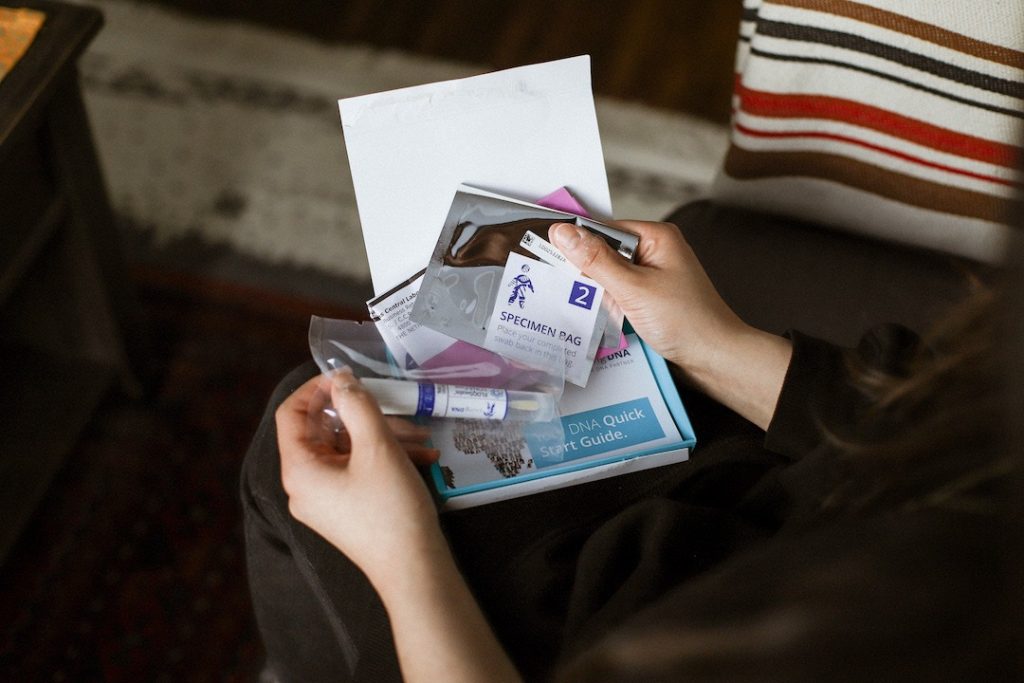
My results confirmed that I was 81.5% Asian! (No surprises there.) What was really interesting though was the breakdown, for example, it turns out that I do have Pashtun, and Iranian heritage as well. The smaller DNA percentiles were exciting: Armenia, Cyprus and South China to name a few. I hadn’t really thought of visiting any of these fantastic destinations, but the DNA test has certainly put them on my radar.
The results also showed my mother line — maternal heritage passed down from mother to child — through the mitochondrial DNA (mtDNA). While males receive mtDNA too, they don’t pass it on. MtDNA lets you trace your direct maternal line. As our ancestors migrated and changed the way they were living from one generation to the next, it caused changes and led to different branches of the mtDNA tree. My DNA test allowed me to explore my mother line and learn about migration routes and where my branch of mtDNA can be found in the world today.
My mother line signature belongs to a DNA group which originated 39,000 years ago in South Asia. It’s a DNA group almost exclusive to India, with the exception of the Roma people in Europe.
The best thing about my results is that they finally gave me the courage to put myself through the visa process for India. I’m proud of being Pakistani, I love that country but it would be nice to love India as well because that’s part of who I am, even if it’s been lost in some way.
Would you go on an adventure inspired by your DNA? Is this something you’ve already experienced? Share your story in the comments!

